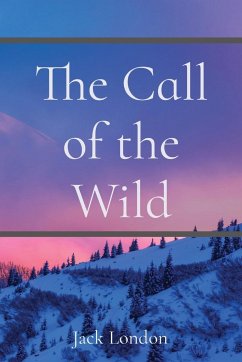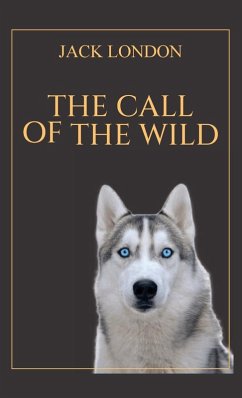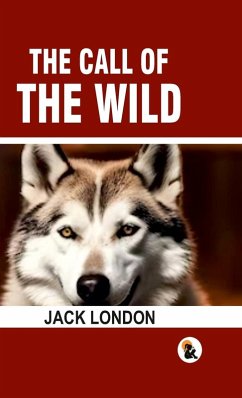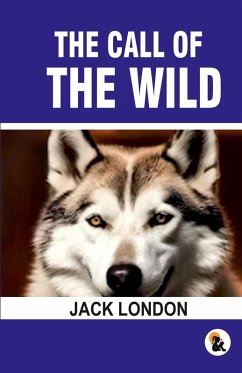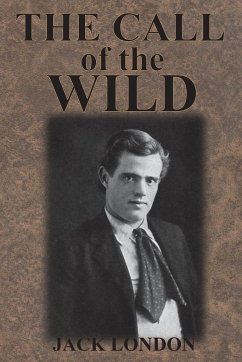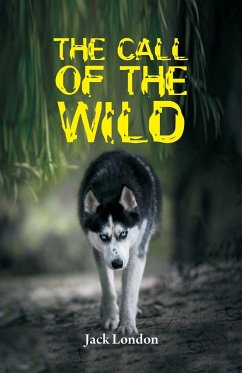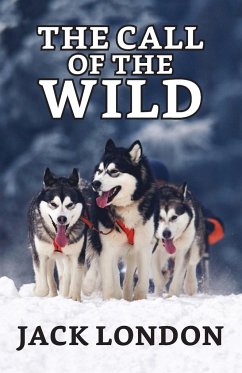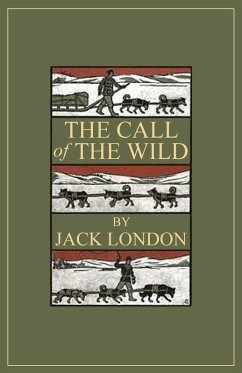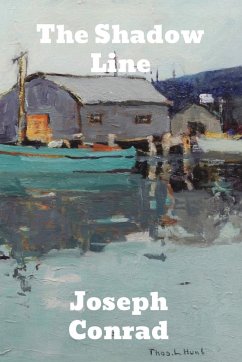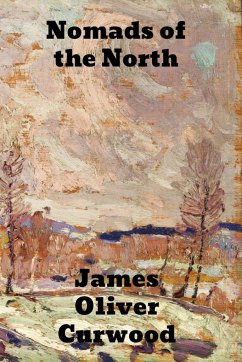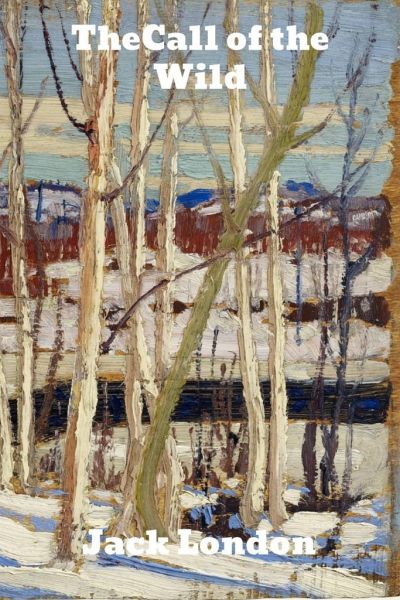
The Call of the Wild
Versandkostenfrei!
Versandfertig in 1-2 Wochen
13,99 €
inkl. MwSt.

PAYBACK Punkte
7 °P sammeln!
The Call of the Wild is a short adventure novel by Jack London, published in 1903 and set in Yukon, Canada, during the 1890s Klondike Gold Rush, when strong sled dogs were in high demand. The central character of the novel is a dog named Buck. The story opens at a ranch in Santa Clara Valley, California, when Buck is stolen from his home and sold into service as a sled dog in Alaska. He becomes progressively feral in the harsh environment, where he is forced to fight to survive and dominate other dogs. By the end, he sheds the veneer of civilization, and relies on primordial instinct and learn...
The Call of the Wild is a short adventure novel by Jack London, published in 1903 and set in Yukon, Canada, during the 1890s Klondike Gold Rush, when strong sled dogs were in high demand. The central character of the novel is a dog named Buck. The story opens at a ranch in Santa Clara Valley, California, when Buck is stolen from his home and sold into service as a sled dog in Alaska. He becomes progressively feral in the harsh environment, where he is forced to fight to survive and dominate other dogs. By the end, he sheds the veneer of civilization, and relies on primordial instinct and learned experience to emerge as a leader in the wild. London spent almost a year in the Yukon, and his observations form much of the material for the book. The story was serialized in the Saturday Evening Post in the summer of 1903 and was published a month later in book form. The book's great popularity and success made a reputation for London. As early as 1923, the story was adapted to film, and it has since seen several more cinematic adaptations. The Call of the Wild falls into the genre of animal fiction, in which an animal is anthropomorphized and given human traits. In the story, London attributes human thoughts and insights to Buck, so much so that when the story was published he was accused of being a nature faker for attributing "unnatural" feelings to a dog. Along with his contemporaries Frank Norris and Theodore Dreiser, London was influenced by the naturalism of European writers such as Émile Zola, in which themes such as heredity versus environment were explored. London's use of the genre gave it a new vibrancy, according to scholar Richard Lehan. The story is also an example of American pastoralism-a prevailing theme in American literature-in which the mythic hero returns to nature. As with other characters of American literature, such as Rip van Winkle and Huckleberry Finn, Buck symbolizes a reaction against industrialization and social convention with a return to nature. London presents the motif simply, clearly, and powerfully in the story, a motif later echoed by 20th century American writers William Faulkner and Ernest Hemingway (most notably in "Big Two-Hearted River") E.L. Doctorow says of the story that it is "fervently American"



